Tag: Health
-
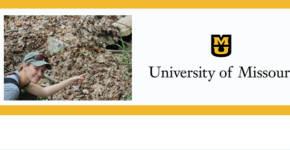
Julianna Jenkins, University of Missouri – Songbirds Face Risks Leaving The Nest
Not all birds face the same risks when leaving the nest. Julianna Jenkins, post-doctoral research fellow at the University of Missouri, explores the survival rates of two types of birds as they venture on their own. My dissertation work focused on understanding the transition between the nesting and postfledging life stages of Neotropical migrant songbirds…
-

Jean Twenge, San Diego State University – Are Millennials More Sexually Active?
Are millennials more sexually active than previous generations? Jean Twenge, professor of psychology at San Diego State University, explores if social media and other factors have led to a rise in sexual exploration among youth. Jean M. Twenge, Professor of psychology at San Diego State University, is the author of more than 100 scientific publications and…
-
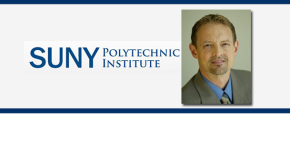
Robert Edgell, SUNY Polytechnic Institute – Health & A.I.
Artificial intelligence could help you make healthier food choices. Robert Edgell, professor of technology management at SUNY Polytechnic Institute, details how AI can help keep you on the right dietary track. Dr. Robert Edgell is an Assistant Professor of Technology Management at SUNY Polytechnic Institute and a Visiting Professor at the Swiss Business School in…
-

Julia Jaekel, University of Tennessee Knoxville – Refugee Mother’s Child Care Practices
There are more refugees than ever before – what does this mean for refugee mothers? Julia Jaekel, Assistant Professor in the Department of Child and Family Studies at the University of Tennessee Knoxville, explains why keeping homeland child caring practices should be important for all refugee mothers. Dr. Julia Jaekel is an Assistant Professor in…
-
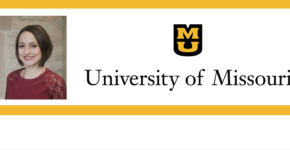
Victoria Vieira-Potter, University of Missouri – Exercise Changes Gut Microbes
Exercising may also help you in ways you can’t see. Victoria Vieira-Potter, assistant professor of nutrition and exercise physiology in the College of Human Environmental Sciences at the University of Missouri, discusses why exercise helps inside your gut. Victoria Vieira-Potter, PhD is an assistant professor of nutrition and exercise physiology in the College of Human…
-
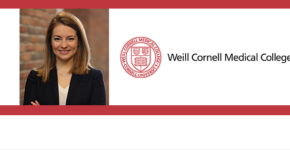
Dylan Gee, Weill Medical College at Cornell University – Anxiety Peaks in Adolescence
Why do anxiety disorders peak in adolescence? Dylan Gee, Assistant Professor of Psychology at Yale University with research conducted at Weill Cornell Medical College, delves into this question. Dr. Gee is an Assistant Professor in the Department of Psychology at Yale University. She received her B.A. in Psychological and Brain Studies from Dartmouth College in…
-

Martha McClintock, Univesity of Chicago – Overall Health
Is age just a number or does everyone follow the path of aging? Martha McClintock, professor in the departments of comparative human development and psychology at the University of Chicago, takes a look at all the facets of health and whether there are some surprising results. Martha K. McClintock, Ph.D. is the David Lee Shillinglaw…
-

Susan Loeb, Penn State University – End of Life Care in Prisons
Health care needs don’t stop when you’re behind bars. Susan Loeb, Associate Professor of Nursing at Penn State University, examines end of life care for those in prison. Dr. Loeb’s program of research focuses on the health needs and issues of older inmates with chronic health conditions including those with advanced chronic illnesses who are…
-
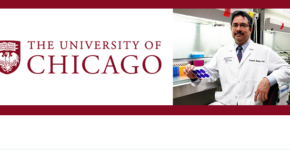
Deepka Shukla, University of Illinois at Chicago – Treatment For Herpes Virus
Is a protection against the herpes virus on the way? Deepak Shukla, professor of ophthalmology and microbiology and immunology at the University of Illinois at Chicago College of Medicine, explores how nanoparticles could be the answer to riding ourselves of this disease. Deepak Shukla is the Marion H. Schenk Esq. Professor in Ophthalmology for Research…
-
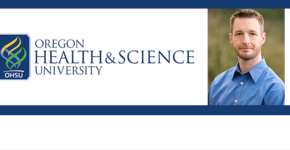
Jeff Iliff, Oregon Health & Science University – The Brain’s Janitor
Your brain’s janitor may get worse as you age. Jeff Iliff, Professor in the Department of Anesthesiology and Perioperative Medicine at Oregon Health and Science University, discusses how the brain’s cleaning process may be hindered as we get older, and could be a trigger for diseases such as Alzheimer’s. Dr. Jeffrey Iliff is an Assistant…
